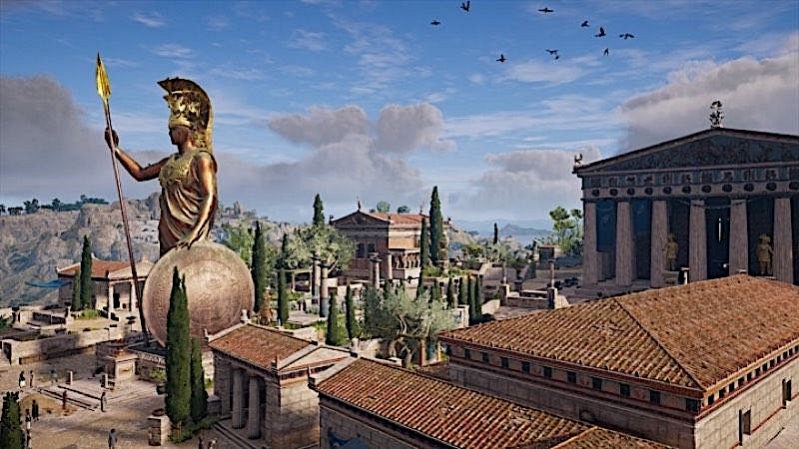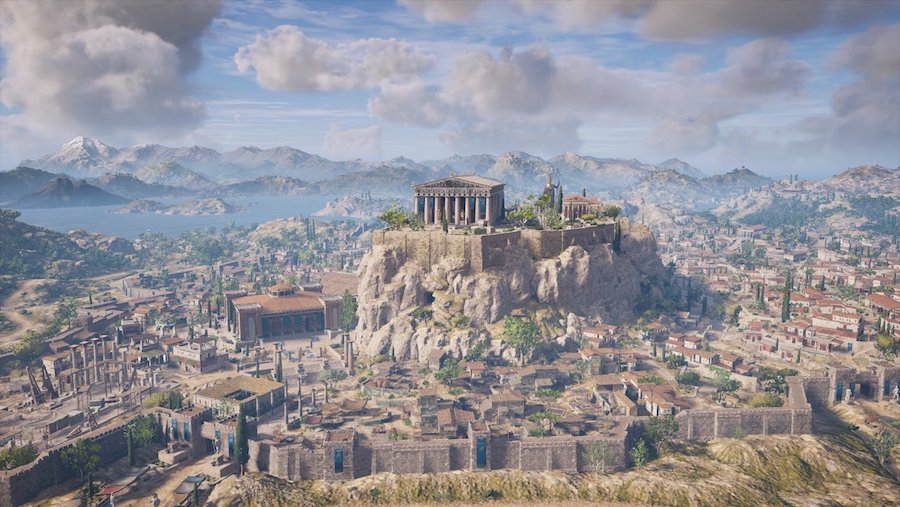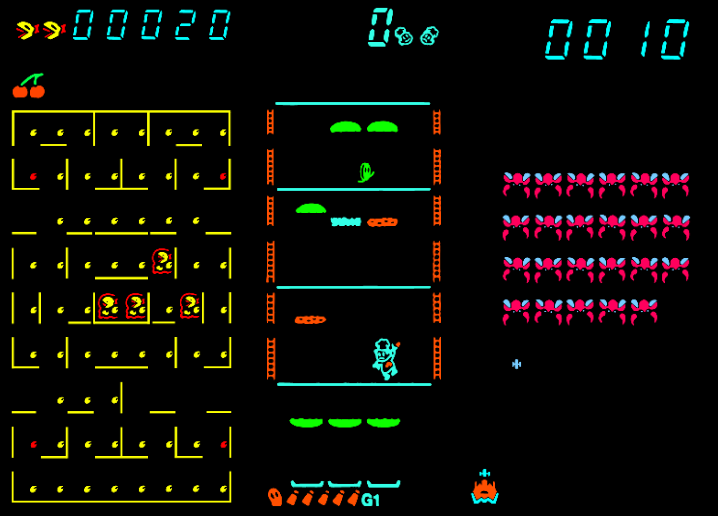Adobe has announced that the Flash Player will come to the official end of its life on the last day of this year, December 31, 2020. News of the demise of an obsolete internet multimedia platform presumably bothers few of today’s web-surfers, but those of us belonging to a certain generation feel in it the end of an era. First introduced by Macromedia in 1996, Flash made possible the kind of animation and sound we’d seldom seen and heard — assuming we could manage to load it through our sluggish connections at all — on the internet before. By the early 2000s, Flash seemed to power most everything fun on the internet, especially everything fun to the kids then in middle and high school who’d grown up alongside the World Wide Web.
Though now deep into adulthood, we all remember the hours of the early 21st century we happily whiled away on Flash games, racing cars, solving puzzles, shooting zombies, dodging comets, firing cannons, and piloting helicopters on classroom computers. We could, in theory, find many of these games and play them still today, but that may become impossible next year when all major web browsers will discontinue their support for Flash.
“That’s where Flashpoint comes in to save a huge chunk of gaming history,” writes Kotaku’s Zack Zwiezen. “Flashpoint uses open-source tech to allow folks to download and play a large list of games and animations. The full list contains just over 36,000 games and you can suggest new games to be added if something you love isn’t on here.”
On Flashpoint’s download page you’ll find its full 290-gigabyte collection of Flash games, as well as a smaller version that only downloads games as you play them. “While Flash games might not be as impressive today, they are still an important part of gaming history,” writes Zwiezen. “These small web games can be directly linked to the later rise of mobile and indie games and helped many creators get their feet wet with building and creating video games.” In other words, the simple Flash amusements of our schooldays gave rise to the graphically and sonically intense games that we play so compulsively today. Now we have kids who play those sorts of games too, but who among us will initiate the next generation into the ways of Crush the Castle, Age of War, and Bubble Trouble?
You can find more information on the flash video game archive on this FAQ page.
via Kotaku
Related Content:
1,100 Classic Arcade Machines Added to the Internet Arcade: Play Them Free Online
Based in Seoul, Colin Marshall writes and broadcasts on cities, language, and culture. His projects include the book The Stateless City: a Walk through 21st-Century Los Angeles and the video series The City in Cinema. Follow him on Twitter at @colinmarshall or on Facebook.











